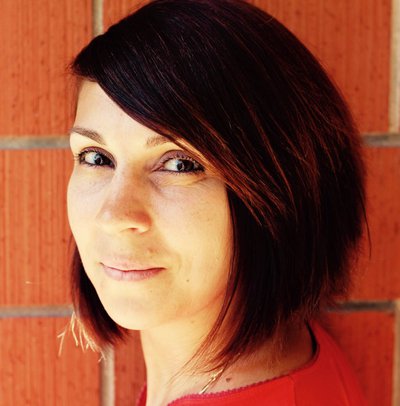13 Dec 2017
MILE Alumni Profiles: Marta Soprana
The MILE provided me with the opportunity to work as a consultant at the heart of the multilateral trade system.
Trade policy advisor Marta Soprana first discovered the World Trade Institute through its Summer Academy and then went on to enrol on the MILE 11 programme. She has maintained a strong connection to the WTI as an enthusiastic mentor of MILE students. Now with her own business in Lugano, she spent several years working as a trade consultant with the World Trade Organization in Geneva.
According to your website you are a trade policy consultant, adviser and researcher. Are you self-employed?
Following an almost 3-year long stint as a consultant at the WTO, since 2014 I have been working as an independent trade policy advisor, specialising in trade in services. Freelancing has allowed me to work on a wide variety of trade-related projects and consult for a number of other international organisations – including the World Bank, the United Nations Conference on Trade and Development (UNCTAD), the International Trade Centre (ITC) and the United Nations Economic and Social Commission for Asia and the Pacific (UNESCAP) – as well as national governments and NGOs. Driven by a passion for world trade governance, I help clients untangle, interpret and understand the economic, legal and political implications of multilateral, preferential and bilateral trade agreements through legal analysis, advanced research, and trade-related technical assistance.
Why did you decide to follow the MILE programme?
Before enrolling on the MILE in 2010 my career focused primarily on export promotion, private sector development and the internationalisation of SMEs. My day-to-day work involved mainly project management and administrative duties and little policy analysis, which left me rather unfulfilled. As I looked for the opportunity to re-direct my professional path towards trade policy, I learnt about the World Trade Institute and its academic programmes. Initially I attend the Summer Academy on International Trade Regulation and whilst there the unexpected happened: I was offered a scholarship to join the MILE programme. It was an opportunity too good to pass up, given the MILE’s excellent academic credentials and the high profile of the WTI faculty, which included many prominent trade experts. So I accepted and, since then, I have never looked back.
What benefits have there been for your career?
The MILE programme equipped me with the technical and analytical tools necessary to work in the field of international trade regulation and trade policy analysis. It allowed me to become a member of the rather small but very engaged community of trade specialists and taught me the value of networking as an instrument to build and nurture relationships within such a community. Above all, the MILE provided me with the opportunity to work as a consultant at the heart of the multilateral trade system, the WTO, an experience that was instrumental in shaping the development of my current career.
You have been a mentor to MILE students since the programme launched in 2015. Why is this important to you?
Since the very first day I set foot in the WTI I have been fortunate enough to receive much valuable advice and encouragement from a number of people, professors and alumni in primis. Because I found this form of support extremely useful, especially when the academic workload became very intense and the future post-MILE appeared bleak, I would like new generations of MILE students to be afforded the same opportunity and receive support in their quest to establish a fulfilling career in trade policy. Participating in the mentoring programme allows me to contribute to that.
You recently visited the WTI to talk to the MILE 18 class. Can you tell us about that?
Receptive to my views on the role of peer-to-peer support, the WTI kindly invited me, as a mentor and MILE alumna, to share a few life lessons about what it takes to ‘master’ the MILE programme and, especially, what to bear in mind when scouting for post-graduation professional opportunities. The objective of the meeting was to help current MILE students understand the importance and value of the mentorship programme and think about career development. The talk was inspired by the idea that only someone who has graduated from the MILE can truly know how current students feel and what kind of advice they can really take advantage of at this stage in the master’s programme.
Further info


